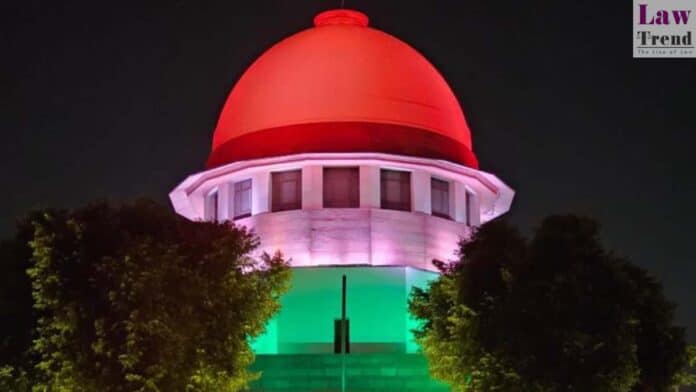The Supreme Court on Tuesday emphasized that courts should be cautious in intervening with the expert opinions concerning academic standards, except in cases where the qualifications or conditions set are arbitrary. This statement was part of a verdict delivered by Justices Sudhanshu Dhulia and K Vinod Chandran, addressing appeals against the Bombay High Court’s decisions related to the implementation of pay scales.
The case involved the application of the Sixth Central Pay Commission’s revised pay scales to teachers at engineering and technical institutes managed by a specific society. These institutes adhere to qualification standards laid out by the All India Council for Technical Education (AICTE), the statutory body responsible for technical education in India.
In its ruling, the Supreme Court reiterated its longstanding position that the determination of qualifications for academic positions, such as admissions and appointments, should be left to the expertise of statutory bodies like the AICTE. “So long as qualifications prescribed are not shown to be arbitrary or perverse, the courts will not interfere,” the court declared.
However, the Justices clarified that their stance does not eliminate the court’s power of judicial review. They pointed out that this power should be used sparingly and only in situations where the qualifications imposed are unlawful, arbitrary, or require the interpretation of legal principles.
The court also differentiated between two categories of teachers impacted by the qualifications criteria. It noted that prior to March 15, 2000, a Ph.D. was not a mandatory qualification for lecturers or assistant professors. Those appointed before this date are entitled to benefits under the Sixth Central Pay Commission as determined by the high court. Conversely, teachers appointed after this date without a Ph.D., who failed to obtain the degree within seven years, are not eligible for higher pay scales or the title of associate professor until they meet the qualification.
The court provided guidance for teachers who acquire a Ph.D. after the deadline, stating they may apply for higher pay and reclassification as associate professors at their discretion. Such applications must be evaluated by their respective institutions and the AICTE according to the law.




